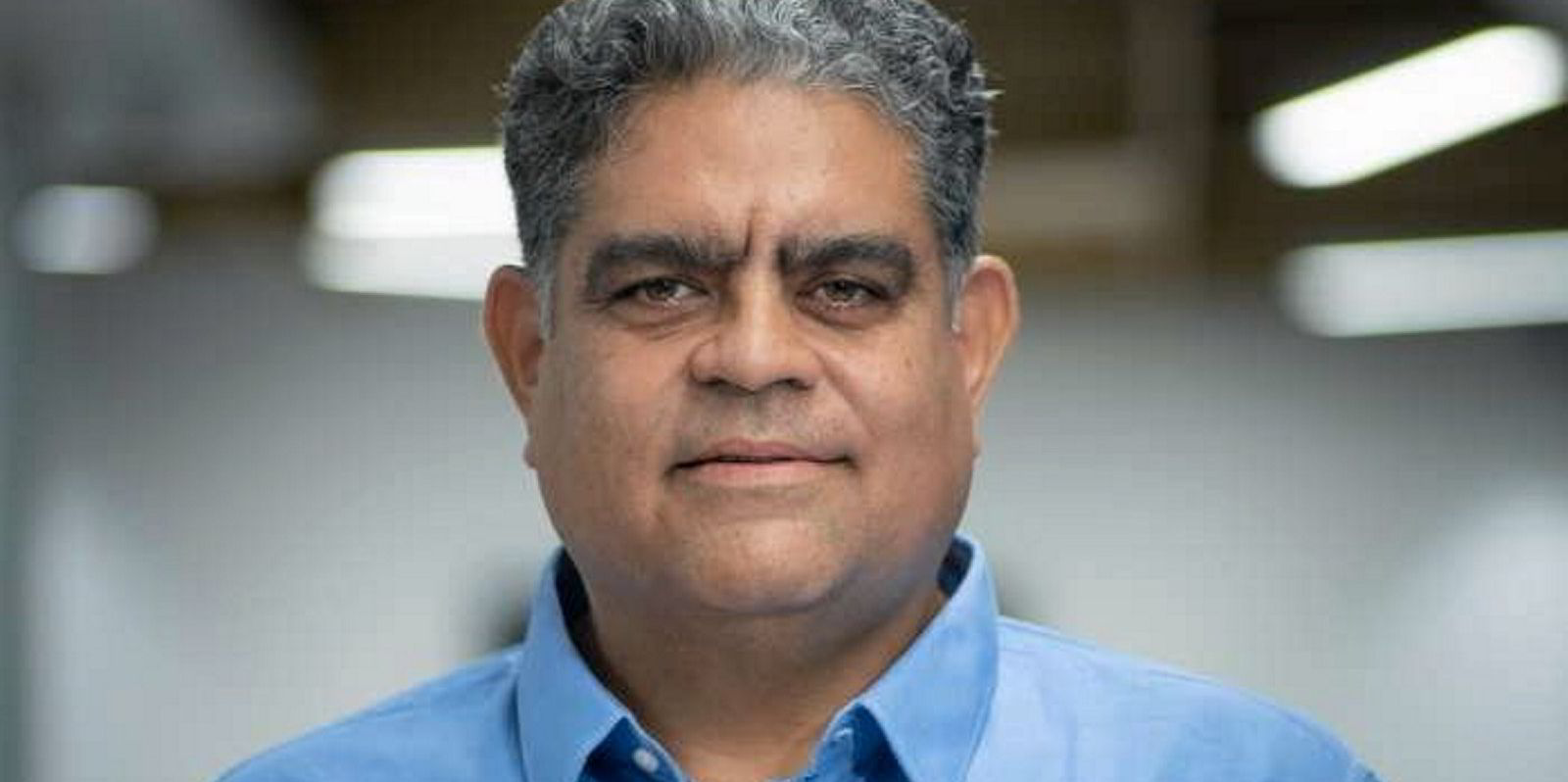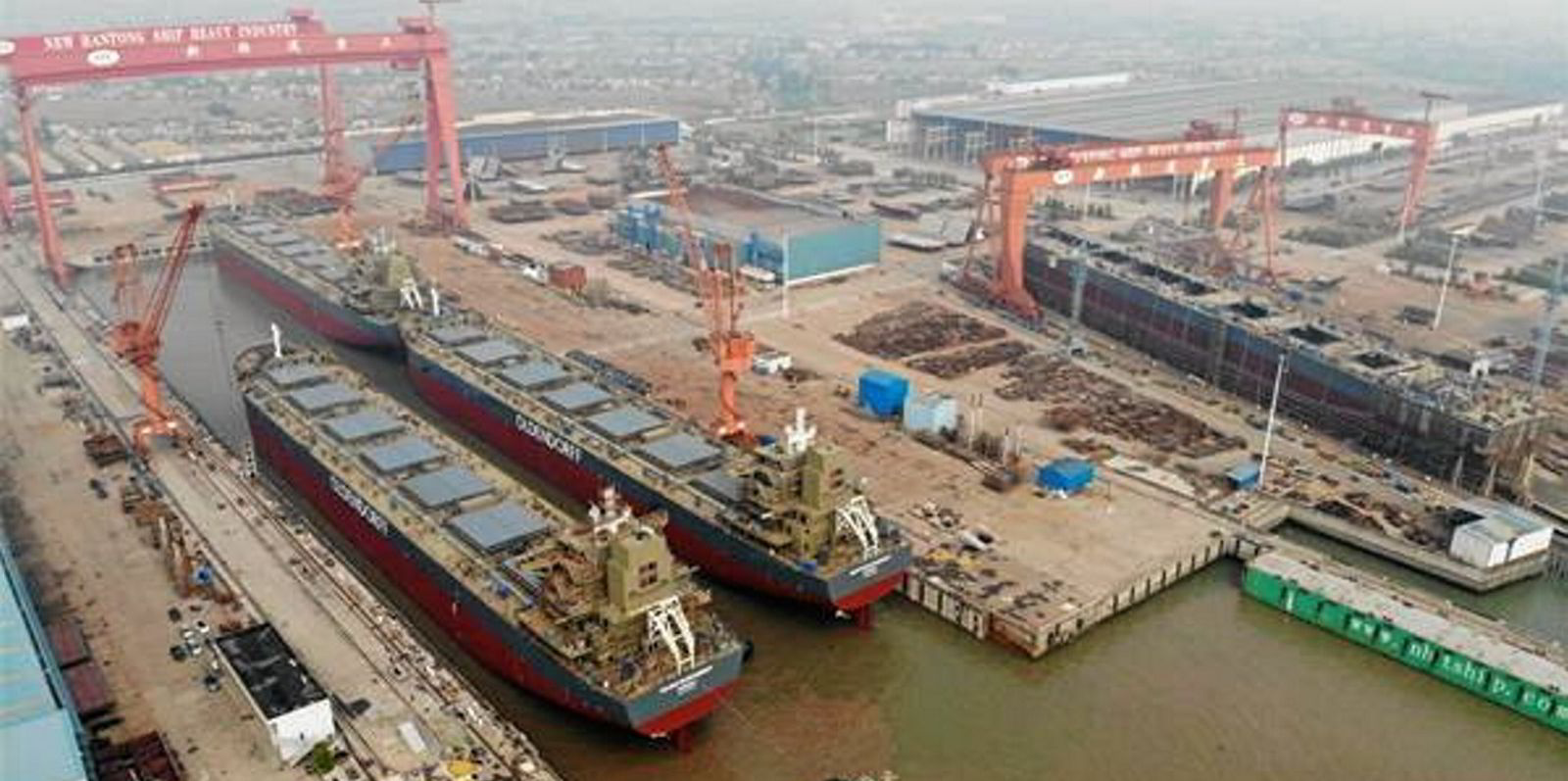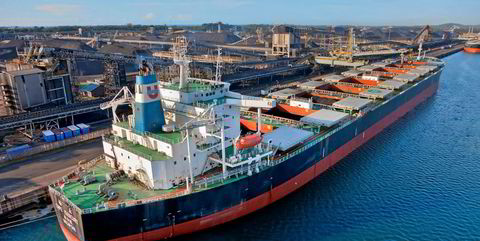Klaveness Combination Carriers (KCC) has revealed its best-ever earnings in strong tanker markets.
But a focus on wet trades over dry bulk reduced the efficiency of its combination vessels, increasing ballast days.
The Oslo-listed shipowner said net profit was $28.2m in the first quarter, up from $7.3m a year earlier.
Revenue grew to $55.3m from $30.1m.
The Cleanbu oil product and dry bulk ships averaged rates of $45,911 per day, a “substantial” increase from the final three months of last year.
The Cabu caustic soda and dry bulk vessels ended at $31,466 per day, a “solid increase” due to strong earnings from caustic soda freight contracts, despite weaker dry bulk markets in the quarter, the company said.
These were the highest earnings ever from both ship types.
Ebitda of $41m yielded a return on equity on an annualised basis of 37%.
“A flourishing tanker market, solid contract base and expected continued strengthening of the dry bulk market position KCC on a strong footing for 2023,” said chief executive Engebret Dahm.
“While the Cleanbus also benefit from a stronger dry bulk market, a lower share of tanker trading in Q2 2023 has negative earnings effect due to a continued large difference between tanker and dry bulk earnings.”
Ballast days grow
Due to this gap between a historically strong product tanker market and a poor dry bulk market, the share of Cleanbu capacity trading in the tanker sector increased from 49% in the fourth quarter to 91% over the first three months of 2023.
This was partly the result of substituting dry bulk voyages from South America to the Middle East and India with better paying vegetable oil cargoes, and partly by skipping lower-paid dry bulk cargoes in other trades.
But this had a negative impact on trading efficiency, with the share of days in combination trading falling from 88% to 68% over the same period, while ballast days increased from 12% to 18%.
The owner said the second quarter is set to be strong, with earnings growing for Cabus and Cleanbu rates staying high, although they are not expected to match the first quarter.
Cabu time charter equivalent earnings are expected to be between $34,000 and $35,000 per day, driven by high and well-paid fixed-rate contract coverage for shipment of caustic soda and higher dry bulk earnings.
Daily Cleanbu rates are forecast in the $31,500 to $33,500 range.
The board declared a dividend of $0.40 per share or $20.9m in total, up 33% from the final period of 2022.
KCC has also refinanced two mortgage debt facilities falling due in December 2023 and October 2025.
This will release up to $35m in additional liquidity, with interest set at SOFR plus 2.1% over five years.






